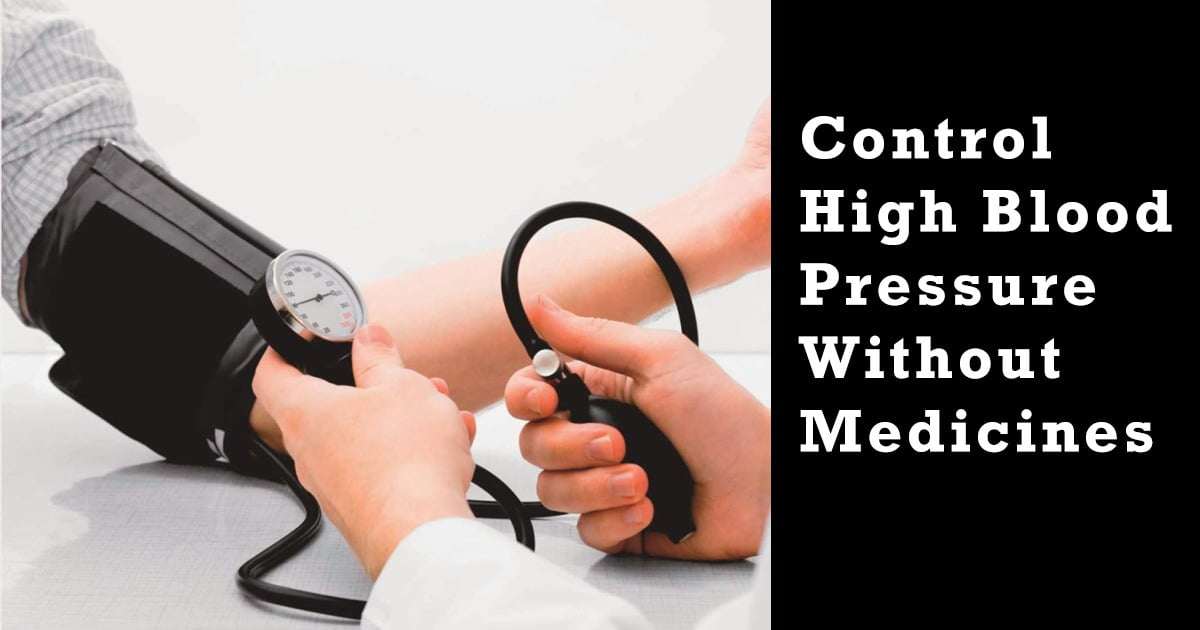High blood pressure (hypertension) is a condition in which the force of the blood against the artery walls is too high. It usually has no signs or symptoms, so the only way to know if you have high blood pressure is to have yours measured. However, a single high reading does not necessarily mean you have high blood pressure. You have to take a number of blood pressure readings to see that it stays high over time. Have you checked your blood pressure lately? If it is on higher side, take these effective, drug-free steps that can help you to control high blood pressure and improve your health.
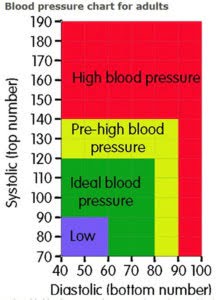
HAVE A HEART HEALTHY DIET
Eating a heart healthy diet is very important if you want to control high blood pressure. Diet should be rich in whole grains, fruits, vegetables, low-fat dairy products, skinless poultry, fish, nuts and legumes. Limit your intake of saturated, trans fat, sugar and sodium.
A diet that includes at least 35% of fruit and vegetables means that you don’t consume extra salts. Make a habit to read labels. By knowing serving size, you know how much sodium you are getting per serving. Instead of having fried foods, try to grill, steam, roast, or poach your food. Eat important nutrients, such as potassium, calcium and magnesium. Remember, the more healthy your eating habits are, the lower your blood pressure will be.
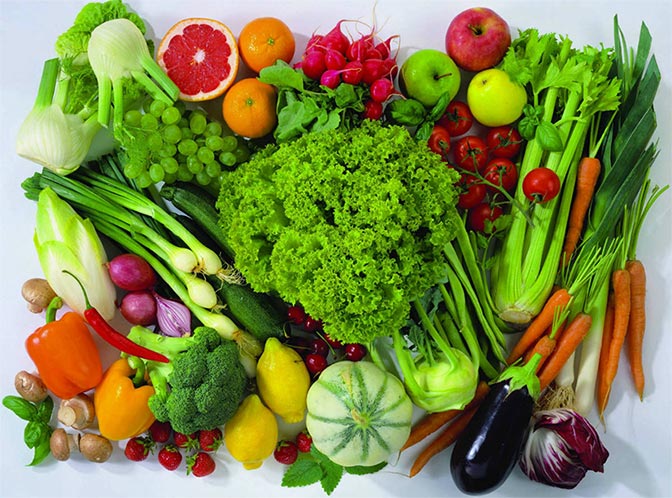
WATCH YOUR WAISTLINE
If you’re obese, the threat to your health is even greater. Losing weight is one of the most effective lifestyle changes for controlling high blood pressure. Apart from weight loss, keep an eye on your waistline because carrying too much weight around your waist can put you at greater risk of high blood pressure. Generally, Men are at risk if their waist measurement is greater than 40 inches and women are at risk if their waist measurement is greater than 35 inches.(numbers may vary among ethnic groups.)
To lose weight, you need to eat fewer calories than you burn. But don’t go on a crash diet. Keep this in mind – ‘EAT RIGHT, DON’T DIET’. Cut back 500 calories/day, by eating less and being more physically active, you can lose about one pound in a week. Losing weight improves the overall functioning of your body.
ALSO READ : Weight Loss Secret – Must Read
EXERCISE REGULARLY
Benefits of exercise can be achieved with workouts of just 30 minutes a day. Regular exercise routine can help medications work more effectively. Exercise itself can reduce blood pressure readings by as much as 5-15 mmHg.
One of the best and easiest exercises you can do is walk. You can walk anywhere, and it doesn’t require any equipment except a pair of sneakers. You can indulge in any activity of your choice like jogging, jumping rope, bicycling (stationary or outdoor), high- or low-impact aerobics, swimming, and water aerobics. You can also do Pranayam, all these activities help stabilise your blood pressure and bring it back to normal.
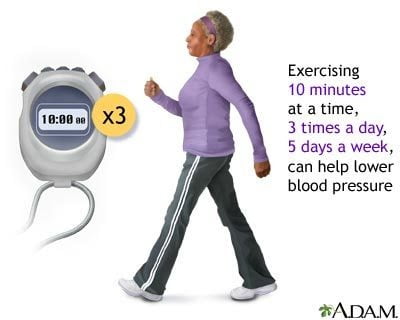
GO TOBACCO-FREE AND AVOID ALCOHOL
Not only does smoking or chewing tobacco but drinking too much of alcohol can make blood vessels constricted, which leads to high blood pressure.
You can’t always prevent but you can control high blood pressure by quitting smoking and moderating your alcohol consumption. That means no more than one alcoholic drink per day for women, and no more than two drinks per day for men. Research shows that this may help to lower systolic blood pressure levels by as many as 3 mm Hg. People who quit smoking, regardless of age, have substantial increases in life expectancy.
ALSO READ : Easy Ways To Cure A Hangover
REDUCE SALT INTAKE
Too much of salt is known to raise blood pressure because it makes your body retain water. When there’s extra sodium in your bloodstream, it pulls water into your blood vessels, increasing the total amount (volume) of blood inside your blood vessels. With more blood flowing through your blood vessels, blood pressure increases.
Most of the salt we eat every day is “hidden”. Monitoring salt intake begins with avoiding packaged and processed foods because that’s where most of the sodium in your diet comes from. Try to avoid foods like bread, biscuits, breakfast cereals, and prepared ready meals or takeaways. Instead of adding salty things like soy sauce, curry powders and stock cubes, get extra flavour with herbs and spices, and from salt-free seasonings like chili, ginger, lemon or lime juice. Even a small reduction of sodium in your diet can reduce blood pressure by 2 to 8 mm Hg.
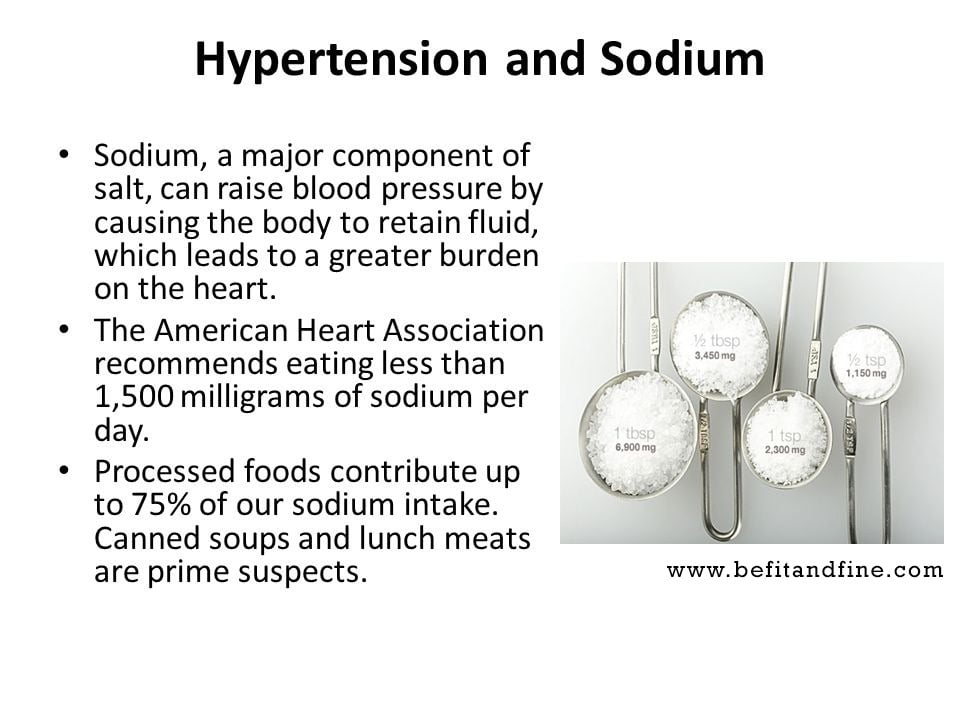
REDUCE STRESS TO CONTROL HIGH BLOOD PRESSURE
In a stressful situation, your body produces a surge of hormones. These hormones temporarily increase your blood pressure, causing your heart to beat faster and your blood vessels to narrow.
Try to manage stress by getting enough sleep, learn relaxation techniques like meditation, deep breathing exercises, and yoga. Increase your social circle, do what you enjoy; walk, swim, ride a bike or jog to get your muscles going. Take some time to think about what causes you to feel stressed and eliminate it. Letting go of the tension in your body will help you feel better.
